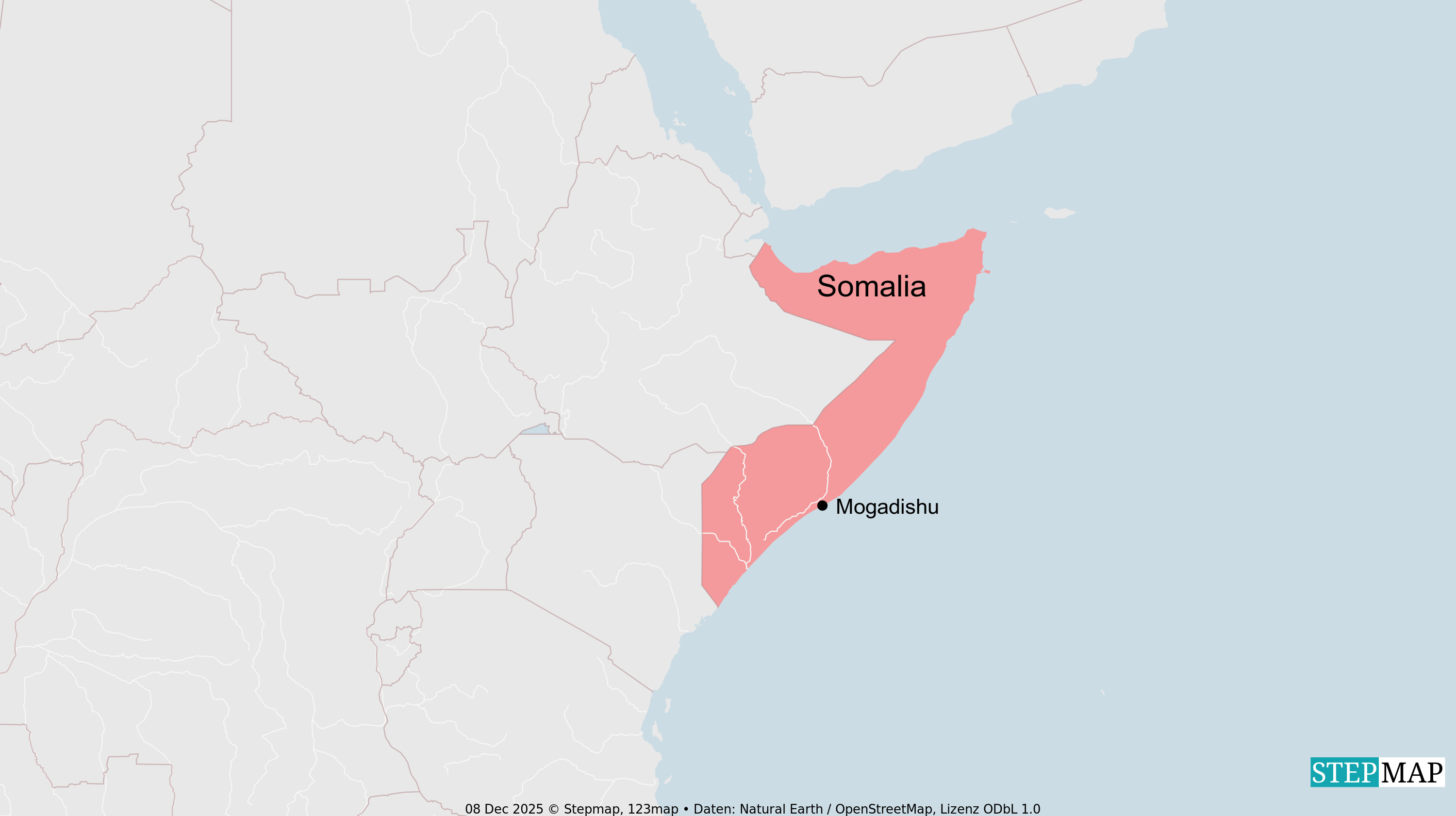Southeast Asia
Need for prudent policy
By Laura Hinze
Myanmar’s growth rate is only moderate, poverty remains wide spread and infrastructure is weak. Nonetheless, the ADB states that the country has great economic potential due to its natural resource wealth, abundant labour and convenient geography. The Bank’s recent document praises Myanmar for some sensible measures to deregulate markets, cater to foreign investors and liberalise the financial sector. More needs to happen, however, as the authors point out, since poverty remains a daunting challenge.
Currently, one in four people in Myanmar is poor, the ADB notes, with need being particularly pronounced in rural regions. In those areas, people tend to lack access to sanitation and safe drinking water, to health care services and electric power. Improving infrastructure would stimulate business, the authors write, for instance by allowing for more China–India transit traffic, and providing new opportunities to investors.
The ADB emphasises macroeconomic stability and criticises Myanmar’s government for too willingly filling budget gaps with newly printed money. Moreover, it wants Myanmar to draft and enforce a viable and coherent set of legislation for private sector companies. Corruption is considered another challenge that must be tackled. The authors are also in favour of tax reforms, but acknowledge that the government is considering sensible steps in this field.
Political liberalisation not discussed
Politics and administration must become more transparent, the ADB demands, so domestic and international investors gain faith in the country. The experts equally call for diversifying the economy.
Western observers are fascinated by Myanmar’s budding political liberalisation. The ADB does not discuss related matters in its paper however. This multilateral institution traditionally shies away from addressing political freedom and democracy – not least because some of its member countries, such as the People’s Republic of China, are ruled by authoritarian governments. (lh)







